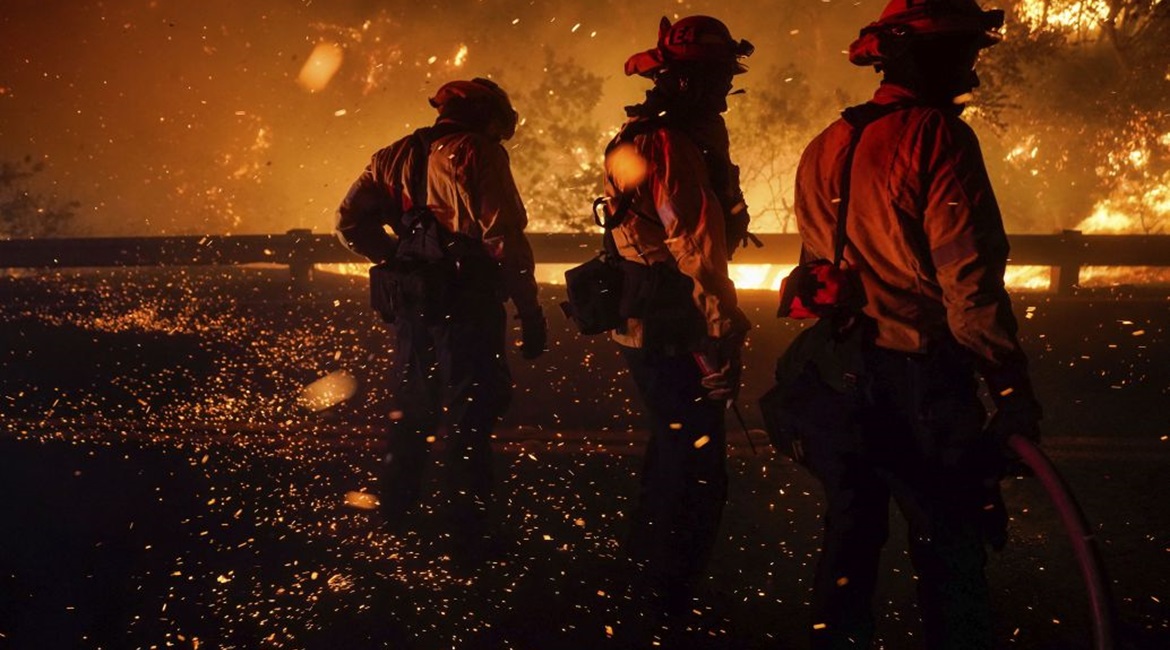
The United States Director of National Intelligence (DNI) Avril Haines told the White House-hosted Leaders Summit on Climate on 22 April that climate change “must be at the centre of a country’s national security and foreign policy”. Haines said climate change “needs to be fully integrated with every aspect of our analysis in order to allow us not only to monitor the threat but also critically think to ensure that policymakers understand the implication of climate change on seemingly unrelated policies”.
Notably, the summit included a specific session during which Haines, US Secretary of Defense Lloyd Austin, and the ministers of defence from Iraq, Japan, Kenya, Spain, and the United Kingdom spoke on the impact climate change has on security. During his remarks, Austin stated that climate change represented an “existential” threat to national security and was a “profoundly destabilising force for our world”.
NATO Secretary General Jens Stoltenberg also announced that he expected “NATO leaders to approve an ambitious action plan on the security impact of climate change at our summit on the 14th of June”. He stated that NATO would seek to “understand the problem [of climate change] so we can better address it”, along with commitments to adapt to the effects of climate change and for NATO to cut its military emissions.

Firefighters tackle a fire in vegetation in Silverado, California, on 3 December 2020. Climate change is increasing in prevalence in national security and intelligence assessments. (Kent Nishimura/Los Angeles Times via Getty Images)
Looking to read the full article?
Gain unlimited access to Janes news and more...




